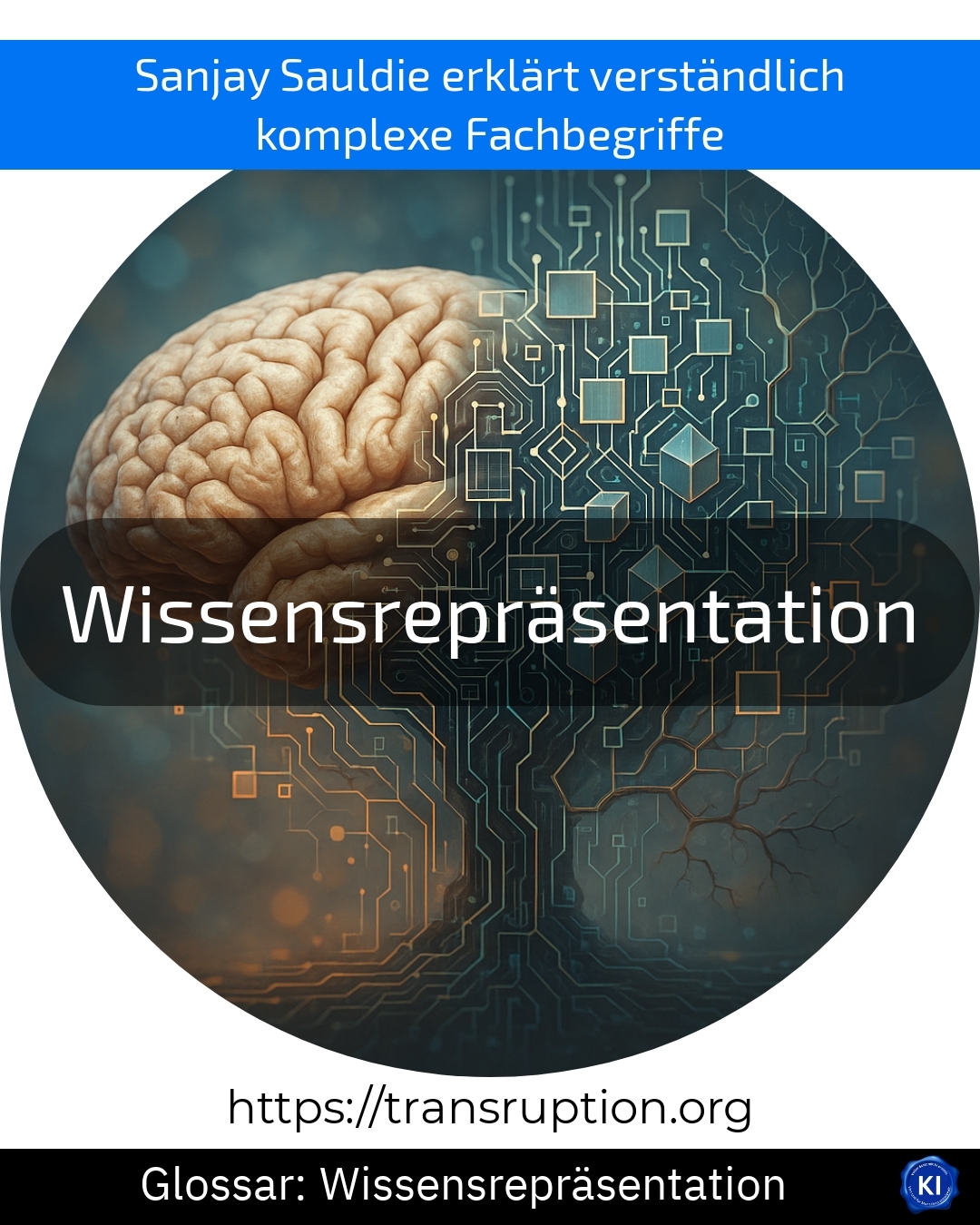Knowledge representation is a term used in the fields of artificial intelligence, digital transformation, big data and smart data. It describes how knowledge - i.e. information and experience - is stored in such a way that computers can work with it.
For example, if artificial intelligence is to support medical diagnoses, it needs to understand how different symptoms and diseases are related. These correlations are recorded using knowledge representation, for example as a list, network or tables that show how terms and facts fit together. The machine uses this "knowledge" to find answers or make decisions.
An illustrative example: Imagine we teach a computer how to classify animals. The knowledge representation collects characteristics such as "has feathers" or "can fly". For example, the system can recognise that a sparrow is a bird because both characteristics match.
Knowledge representation is therefore a basis for ensuring that machines can not only store information, but also "understand" and apply it. This topic is becoming increasingly important, especially in times of artificial intelligence and data-driven processes.















